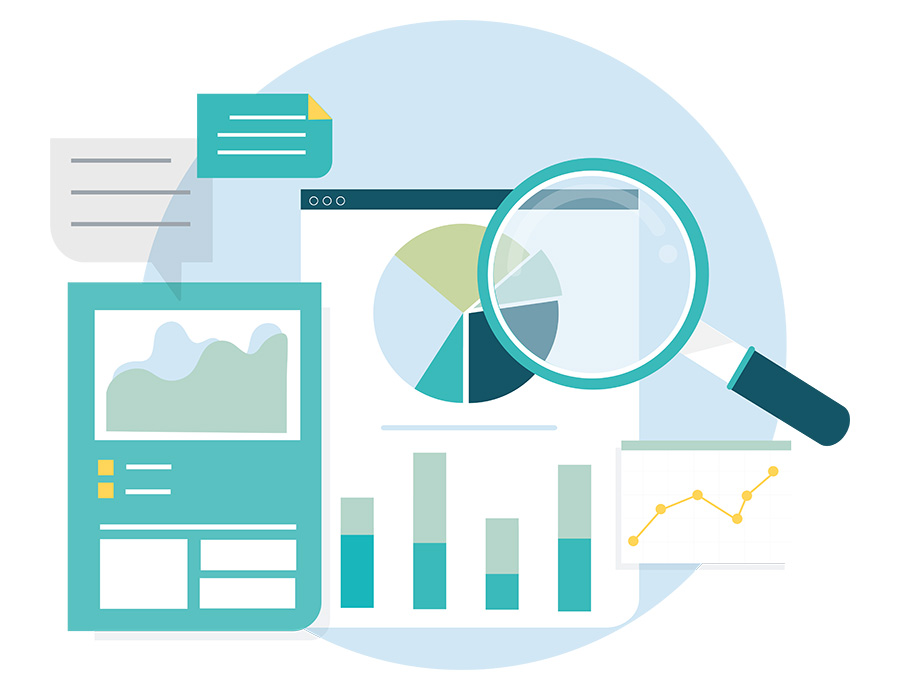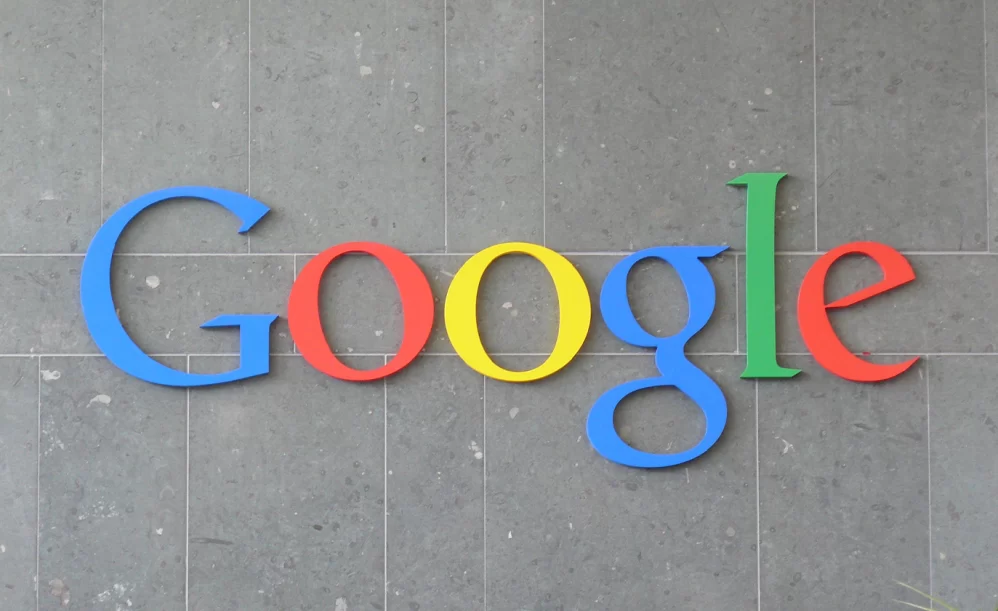Universal Analytics Vs. Google Analytics 4 : What You Need To Know
By advertience | July 7, 2022 | Opinion
Navigate the transition to Google Analytics 4 with Advertience. Maximize your digital strategy’s ROI. Get expert guidance today!

Google Analytics 4 has been around since 2020. However, Google’s most recent release along with the impacts of the sunsetting of Google Analytics, or Universal Analytics as it was technically known, is an adversity marketers are only now becoming aware of. Advertience has always said that Google Analytics is one of the most important and effective digital marketing applications for marketers. With a properly audited, implemented, optimized, and maintained Google Analytics application marketers and decision-makers should be able to decipher what is needed to optimize their website, paid advertising, audiences, geography, products and/or services, and organic content. Therefore, allowing them to drive business and achieve greater returns on paid and internal marketing investments.
So, let’s deal with the bad news first. The Google Analytics (Universal Analytics) that has been with us since Google purchased Urchin Software in 2005 will officially come to its end-of-life term effective July 1st 2023.

This action by Google will have a significant impact on marketers for a number of reasons including
- Inability to migrate old Google Analytics data to Google Analytics 4 (GA4), meaning all historical data will be lost as soon as Google shuts it down.
- Data Retention Period is Reduced. This will only impact the audience-based data however, when we want to compare YOY audience-based data or segmented audience data, we will have nowhere else to go but to rely on our memory or previously
exported data. - The Measurement Model has changed.
- A new User Interface. For most non-tech savvy marketers, this could be the part with the highest learning curve.
- Delay: the least favorable part about Google Analytics 4 (GA4) for most marketers will be the delays. Although we were told Google Analytics (GA) has a 24-48 hours delay for data and conversion accuracy, many of us have seen real-time data. Which allows us we know our tracking or business is fairly normal. However, Google Analytics 4 (GA4) confirmed the 24-48 hour delay on conversions, revenue, and even traffic which will be a challenge to our patience.
These are only a few of the many new changes Google Analytics 4 (GA4) has introduced. It will require marketers and their organizations to make preparations for the eventual sunsetting of Google Analytics as we know it today. However, with that said, there are also many benefits that accompany the introduction of Google Analytics 4 (GA4);
Benefits to Google Analytics 4
- Supports both web and APP analytics data.
- Roll-Up reporting is built to enable aggregated performance measurement.
- Improved cross-device customer journey tracking (i.e. website & app).
- Conversion configuration is now easier and more flexible.
- Tracking is no longer dependent on cookies only. Google Analytics 4 (GA4) utilizes the combination of cookies, server-side tracking, and AI for aggregated data, which will eliminate the data gap we have experienced in the past 2 years since GDPR and IOS 14 updates started.
- Enhanced visualization. Google Analytics 4 (GA4) allows marketers to customize the visualizations to suit the needs in various fields. It will save the users time by elimintaing them from manually creating a report from exported raw data.

In addition to the above updates, Google Analytics 4 (GA4) contains a host of improvements across many areas of the platform. However, unlike its predecessor, Google Analytics 4 (GA4) requires professional consultation through its setup to ensure that marketers’ key performance indicators and goals are aligned accurately to measure the efficacy of marketing investments. In addition, there is no ability to migrate data from Universal Analytics to Google Analytics 4 (GA4). Which leads to a significant amount of work to ensure that the current platform set can be transitioned to Google Analytics 4 (GA4) and that the new methodologies are properly applied to capture data in Google Analytics 4 (GA4).
Google Analytics 4 (GA4) has been designed for the new era of the digital marketplace and to support the needs of the modern marketer, comply with new privacy regulations, as well as to address siloed data and confusing metrics that created challenges when attempts were made to harmonize customer journeys across devices. Although there will be challenges throughout the transition, seeking expert consulting can provide clarity and guidance, ensuring a smoother transition and enabling a better future for effective measurement.
Advertience is a specialized Google Analytics 4 (GA4) audit and consulting agency based in Vancouver and Toronto. We deliver worldwide in-depth GA4 audits and consultant services, ensuring organizations have a reliable data foundation for making informed business decisions.
| Timeline | Action |
|---|---|
| July 1st, 2022 – July 31st, 2022 | Establish Stakeholders and ownership for the transition. |
| August 1st, 2022 – August 31st, 2022 | Determine KPIs, events, conversions. |
| September 1st, 2022 – September 30th, 2022 | Testing setup, configuration. |
| October 1st, 2022 – December 31st, 2022 | Optimize, reconfiguration, customization. |
| January 1st, 2023 – March 31st, 2023 | Reporting configuration and initial audit. |
| April 1st, 2023 – May 30th, 2023 | Final audit and configuration, Internal training, Data export. |
| July 1st, onwards | Officially let go of GA. |
As a leader in digital advertising and analytics, advertience is here to assist you with a smooth transition to Google Analytics 4. Click here to learn more.
Additional Resources:
| Key Benefits of using Google Analytics 4 | |
| Digital Marketing: Intro to GA4 |




